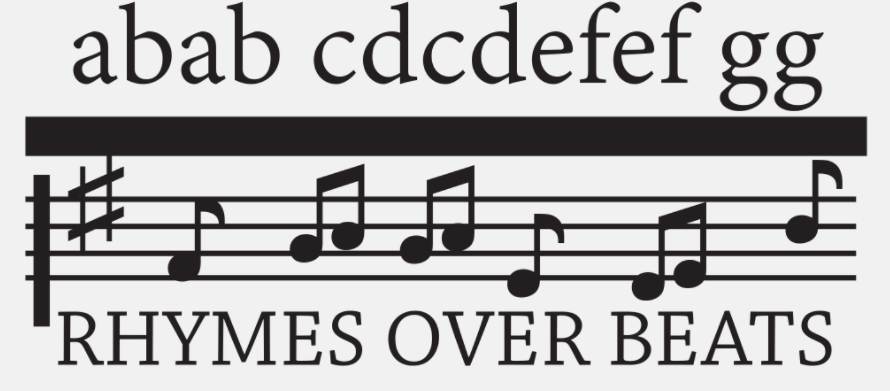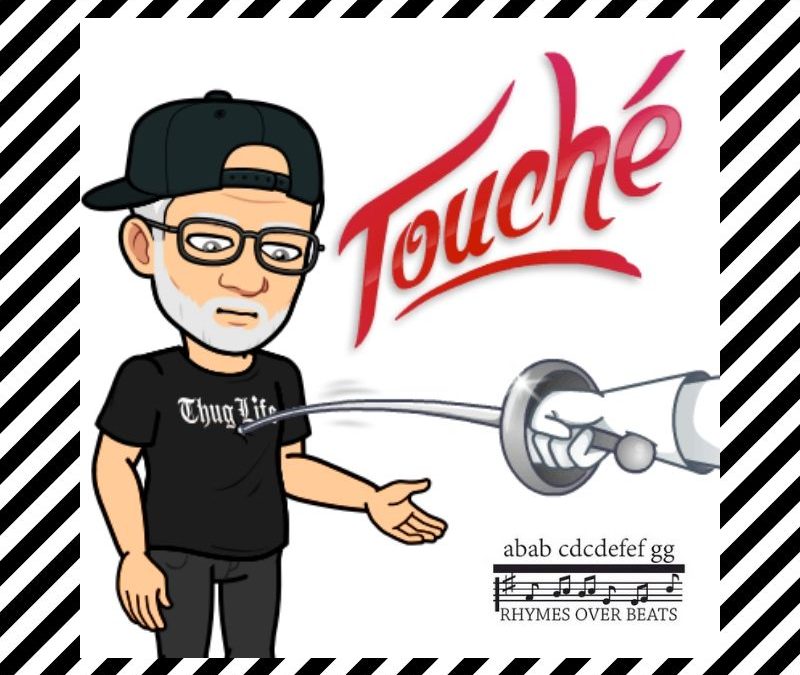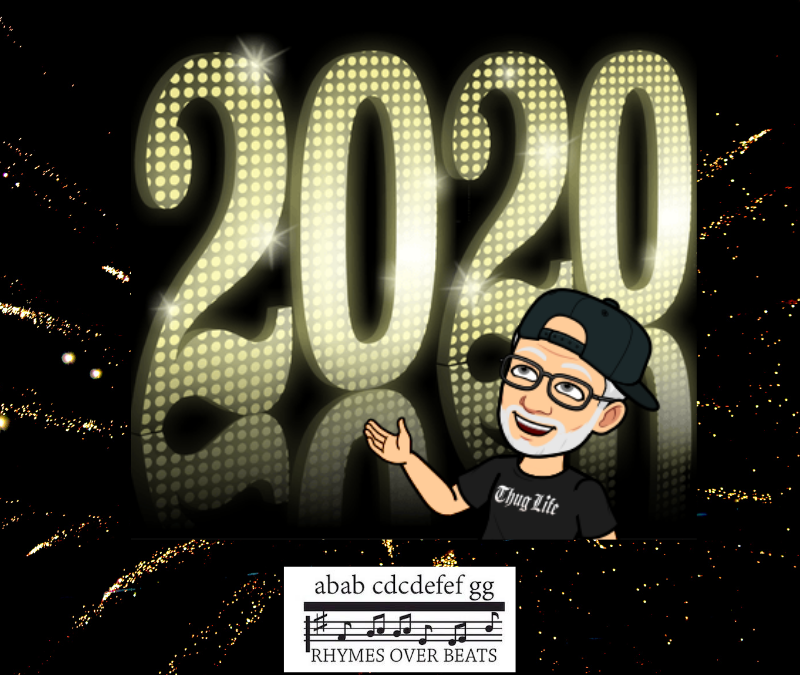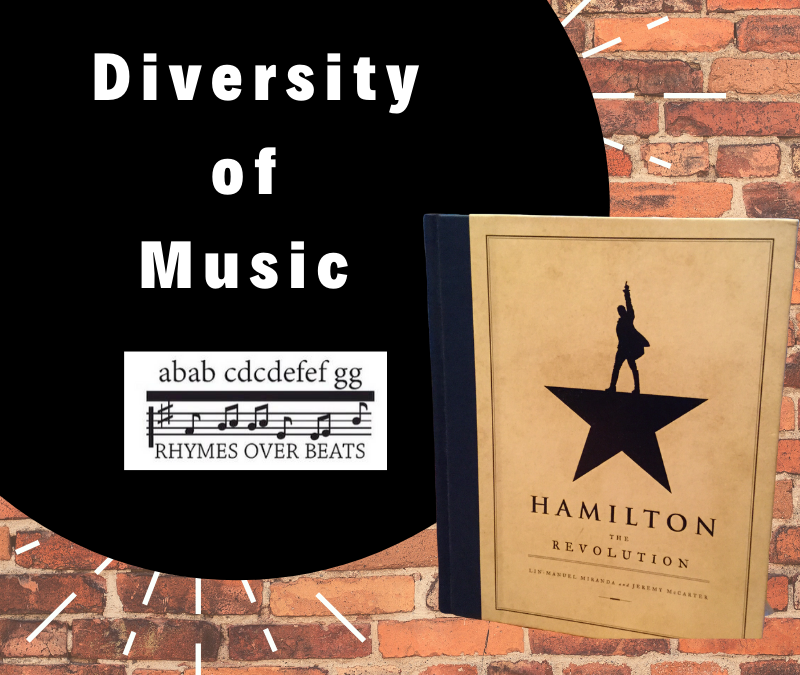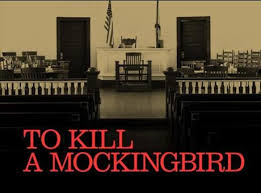
A Hip Hop Play?
Setting the Scene
Usually I don’t talk about a show unless we are doing it, or planning on doing it. This week I’m going to make an exception. I want to talk about the current Broadway production of To Kill a Mockingbird.
I’m not going to talk about how it’s different from the book or the movie, or how the two adaptations are different from each other. I’m not going to complain about how only two of the characters are black, or that none of them are Reverend Sykes, which is too bad – he has the best line in the book and the movie. (It’s the moment just after the verdict has come in, and Tom Robinson has been found guilty of a crime that everyone, including the jury, knows he didn’t commit. Atticus is making the long lonely walk out of the courtroom. Scout is in the balcony reserved for blacks. She feels a tap on her shoulder. She turns around and she sees that everyone is standing in respect. Reverend Sykes says, “Miss Jean-Louise, stand up. Your father’s passin’.”)
This is a Hip Hop Play?
What I want to talk about is why it’s a hip hop play.
KRS-One once famously said, “Rap is something you do. Hip Hop is something you live.”
What is lived in the play is a man sentenced for a crime he’s physically, demonstrably incapable of committing, just because he’s black. This kind of story is seldom seen onstage. But it, and other experiences like it, are what gave rise to hip hop.
Hip hop is a response to experienced injustice. Telling this story is what makes To Kill A Mockingbird a hip hop play.
